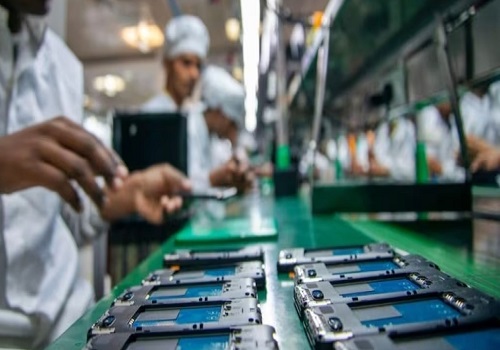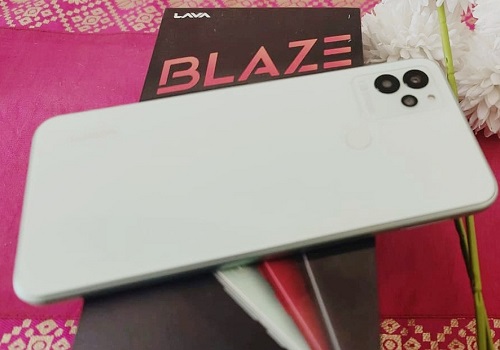Samsung unveils new image sensor with upgraded autofocus

Follow us Now on Telegram ! Get daily 10 - 12 important updates on Business, Finance and Investment. Join our Telegram Channel
Samsung Electronics on Tuesday introduced a new image sensor boasting an upgraded autofocus solution as the South Korean tech giant eyes to expand its presence in the mobile image sensor market.
The ISOCELL GN2 is Samsung's first image sensor to use Dual Pixel Pro technology.
Like its previous Dual Pixel solution, it adopts two photodiodes within every pixel, but the latest one splits the pixels not only vertically but also diagonally.
"This diagonal cut allows the focusing agents to better recognise the top and bottom of the frame, allowing the sensor to get in focus quickly even when there are no pattern changes in a horizontal direction," Samsung said.
"Low-light focusing and tracking of moving objects are improved as well, as every pixel of the sensor works as focusing agents."
The 1/1.12-inch ISOCELL GN2 has 50 million 1.4 micrometer-sized pixels. With the pixel size 0.2 micrometer bigger than its predecessor, the ISOCELL GN1, it can absorb more light and provide brighter and sharper images, according to Samsung.
The new image sensor also offers an option to take pictures in 100-megapixel (Mp) resolutions, using an advanced re-mosaic algorithm, which creates three individual layers of 50Mp frames in green, red and blue, coupled with an enhanced upscaling solution.
The ISOCELL GN2 is equipped with a staggered-high dynamic range (HDR) feature, which expedites image processing by sending a readout of long, medium and short exposures of each row of pixels respectively to the mobile processor.
Samsung said staggered-HDR can reduce the energy consumption of a sensor by up to 24 percent compared to the predecessor's real-time HDR mode.
The ISOCELL GN2 is also equipped with Smart ISO Pro, which uses an intra-scene dual conversion gain (iDCG) solution, and a variety of advanced pixel technologies to improve mobile photography.
Samsung's latest 50Mp image sensor can support full-HD videos at 480 frames-per-second (fps) or 4K at 120fps for enhanced video-shooting on mobile devices.
























